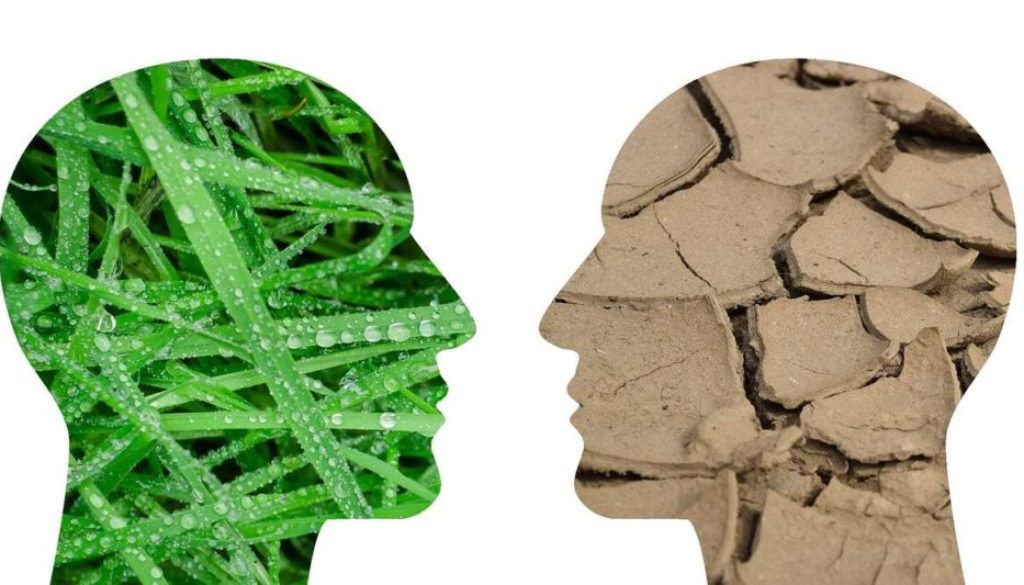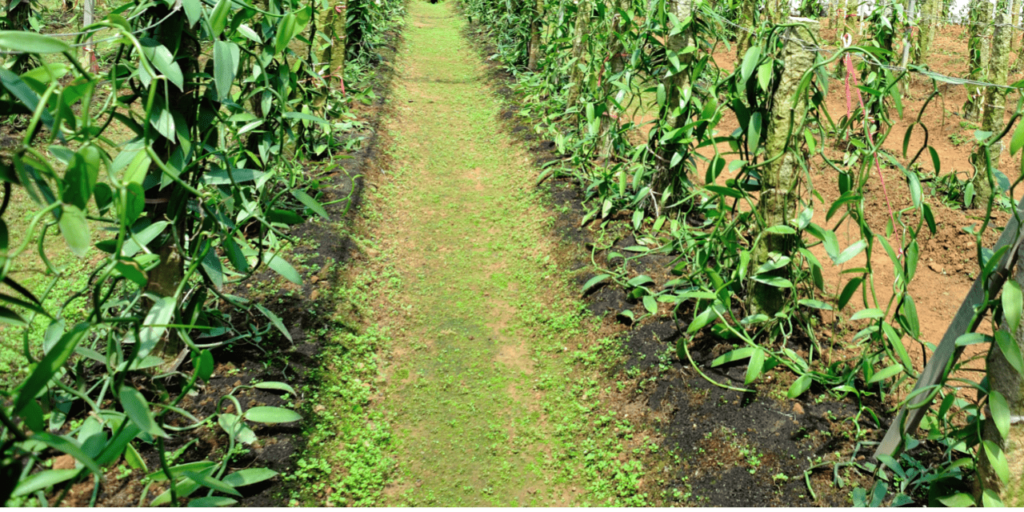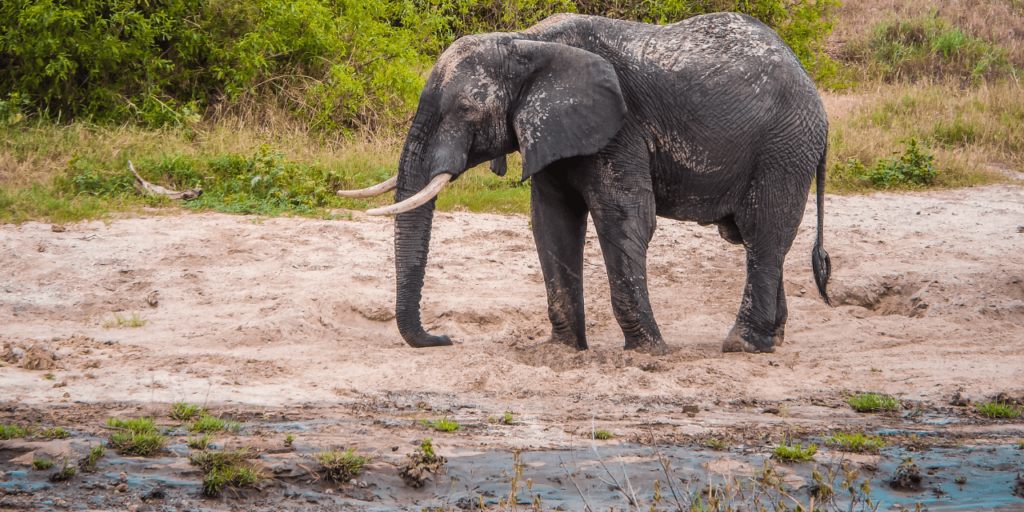The Impacts of Climate Change in Africa

Climate change is a major threat to all the humans on Earth. Rising temperatures, increasing sea levels, or extreme weather events lead to the destruction of habitats and animal species extinction. These factors create difficult living conditions for humans, including the risk of human health, water, and food security, or economic development.
Africa is the most vulnerable continent to the impacts of climate change, despite having the lowest emissions. According to Climate Risk Index (CRI) 2021, 5 out of 10 most vulnerable countries to climate change are in Africa – Mozambique being the 1st and Zimbabwe the 2nd.

Water and food security
Many regions in Africa are likely to experience droughts and a reduction in precipitation. This will affect the agriculture and food systems, as well as water resources. Agriculture is the largest economic sector in Africa and provides livelihood to about three-quarters of the population.
The loss of arable land leads not only to crop failure but also to loss of livestock, which endangers the rural population of Africa. Due to the severe droughts and rising temperatures, the water in lakes disappears, causing a decrease in fish resources. The food prices will therefore increase and not everybody will be able to properly nourish themselves. We are already seeing this in Lake Chad, which has shrunk by 90% since the 1960s. The lake´s instability resulted in rising conflicts between the farmers and local terrorist groups – reports inform about thousands of victims.
These impacts may drive 600 million people in Africa to malnutrition and 1,8 billion may face water scarcity.

Economic impacts
As mentioned above, the largest economic sector in Africa is agriculture. The crop loss will affect the international demand for commodities like cocoa, coffee, or tea, which are important parts of the African trade. Over 80% of the world’s vanilla grows in Madagascar, which was hit with extreme weather, increasing the price of vanilla (per kilo) from 60$ in 2014 to around 400$ in 2021.
According to the African Development Bank Group, every African subregion will experience a decrease in GDP (Gross Domestic Product). Western and Eastern Africa could lose up to 15% of GDP by 2050, Nothern and Southern Africa 10%, and the least affected would be Central Africa, losing “only” 5%.

Health danger
The rise in temperatures will create a suitable environment for poisonous insects and transmitters of diseases like malaria, dengue fever, or yellow fever. High air temperatures may contribute to cardiovascular and respiratory diseases, especially in elder people.
A lack of safe water will complicate the access to hygiene and in the worst cases, it will cause famines across the whole continent. Undernutrition or malnutrition is already a serious problem in Africa and it´s going to become more common.

Climate refugees
Health, economic and social factors of climate change will lead to phenomena called environmental migration. The World Bank predicts that 86 millions of people from Sub-Saharan Africa will have to leave their homes. In Africa, people are already moving from rural places to big cities. Cities aren´t prepared for rapid growth, lacking housing, infrastructure, and education or health facilities.
This problem could broaden into European countries. If the African people won´t be able to survive in their own homes, they´ll be forced to find new ones. Europe and Asia are the closest to the African continent, that´s why they might be the chosen destination. Are European countries ready to host millions of refugees? They´re not. Unfortunately, we cannot say whether they´ll ever be.
But how can we avoid this non-bright future?
Possible solutions
In order to fight against climate change, some African governments started to address the possible solutions. Countries are trying to transit towards low-carbon technologies. Their policymakers are creating strategies, which include low-carbon tax systems.

Morocco has built the world’s largest concentrated solar facility called Noor. It can provide energy for about 2 million Moroccans while creating many job opportunities. South Africa introduced their Carbon Tax Act, which could reduce the country’s emissions by 33% until 2035. South Africa also invested in renewable energies like solar or wind. Nigeria has set a renewable energy target of 30% till 2030.
Africa has an advantage in its renewable energies – solar, wind or geothermal resources are available across the continent. This sets a perfect opportunity to fight climate change.
Climate change is already affecting people across Africa. Unless immediate actions will be taken, the consequences might be destructive. Governments should focus on developing functional strategies and adaptation plans, as well as financing eco-friendly projects. There is still a chance to head off the worst-case scenario if the planning is efficient and adequate.
Resources:
https://unfccc.int/news/climate-change-is-an-increasing-threat-to-africa
https://www.afdb.org/en/documents/climate-change-impacts-africas-economic-growth
https://environmentalmigration.iom.int/environmental-migration-1
https://ecdpm.org/talking-points/paradox-climate-change-africa-step-up-climate-action-lighten-vulnerability/
Article written by: Katarína Chudá



